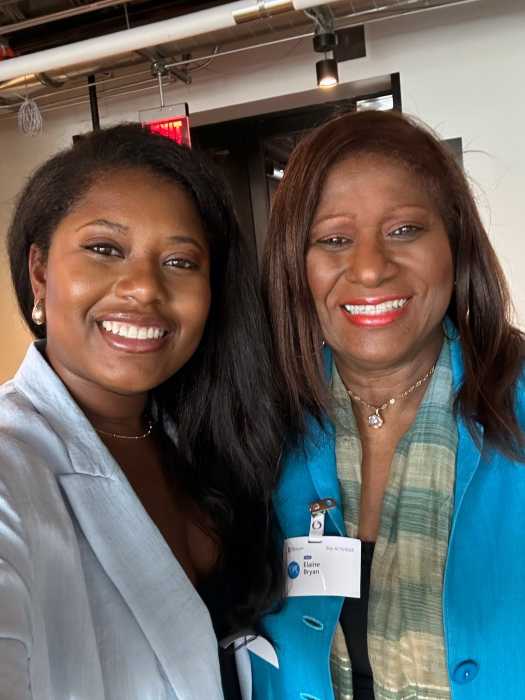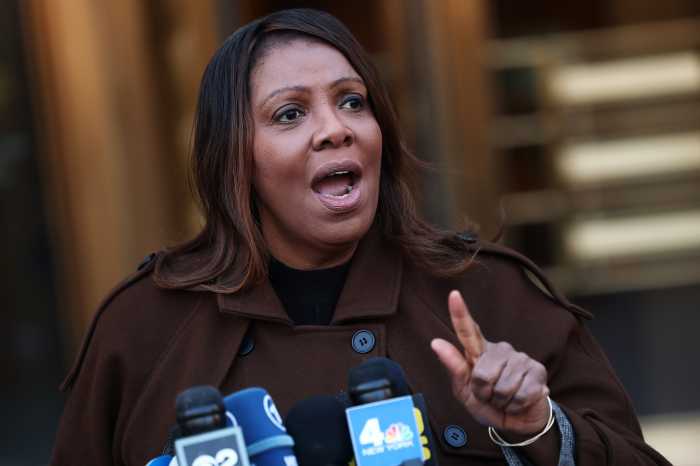Twenty-five years ago, I watched as the streets of Crown Heights erupted in unrest — cars flipped, businesses burned, rocks thrown, and voices raised in anger following the tragic deaths of seven-year-old Gavin Cato, hit and killed by a car, and the stabbing death of college student Yankel Rosenbaum.
I watched and I listened to concerned mothers and fathers, sons and daughters, students and neighbors from both the West Indian and Hasidic community who worried that not enough was being done to protect their safety or address the racial and social disparities in their communities.
Over those tough three days — and the weeks that followed — my colleagues at the NYC Commission on Human Rights and I took to the streets to speak with community members about their concerns, calm their fears, and offer any assistance we could to help heal their pain.
We also met with community groups, like the Jewish Community Council and Crown Heights Youth Collective, to chart a path forward and create programs that promote respect for the neighborhood’s cultural and religious differences.
Twenty-five years later, as those wounds continue to heal, the NYC Commission on Human Rights is still a part of those communities, working in Crown Heights and across Brooklyn to ensure that people feel safe, respected, and empowered to live and work free from discrimination.
The NYC Commission on Human Rights exists to protect every New Yorker from discrimination. We are a city agency that enforces the nation’s strongest city anti-discrimination law, the NYC Human Rights Law, which protections people from discrimination in the workplace, housing, and in public spaces.
We work with immigrant and faith-based communities, landlords, bodegas, law enforcement agencies, and business associations to ensure that everyone in New York City knows their rights and obligations under the law and are protected from unfair treatment no matter who they are, what they look like, where they come from or what they believe.
Our doors are always open. If you or someone you know has experienced discrimination, call 311 and ask for the Commission on Human Rights. The Commission is staffed with committed public servants who collectively speak at least 26 different languages representing the diversity of New York City. They are ready to hear your story and help you understand your rights. Or stop by our Brooklyn Community Service Center located at 25 Chapel Street, Suite 1001, to speak to a staff member.
Or come meet us this Sunday, Aug. 21, at the One Crown Heights event. Commission staff will join elected officials, faith leaders, advocates, and community members at events throughout the day that bring together every community in Crown Heights and celebrate the steps communities have taken to understand and appreciate the rich diversity of the neighborhood. Commission staff will be on hand to talk about the Commission and resources available to the community.
Everyone in New York City deserves the same respect and opportunity as everyone else, regardless of where they came from or who they are. We are a much stronger city when we celebrate those differences instead of letting them divide us.
Paula L. Sanders is associate human rights specialist in the Brooklyn Office of the NYC Commission on Human Rights.

























